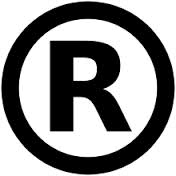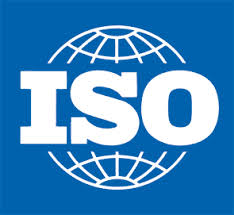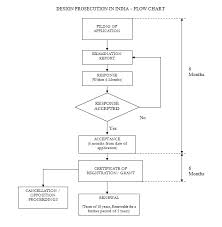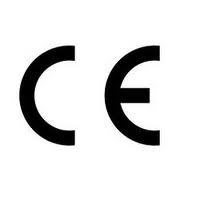Company Incorporation

Company Incorporation
We are engaged in formation/registration of the following two types of companies as per Companies Act, 1956
Private Limited Company.
Public Limited Company
Differences Between Private Limited Company And Public Limited Company
Distinction Between A Public Company And a Private Company Following are the main points of difference between a Public Company and a Private Company :-
Minimum Paid-up Capital
Minimum number of members required to form a private company is 2, whereas a Public Company requires atleast 7 members. Maximum number of members
Maximum number of members
in a Private Company is restricted to 50, there is no restriction of maximum number of members in a Public Company.
Transerferability of shares
There is complete restriction on the transferability of the shares of a Private Company through its Articles of Association , whereas there is no restriction on the transferability of the shares of a Public company.
Issue of Prospectus
A Private Company is prohibited from inviting the public for subscription of its shares, i.e. a Private Company cannot issue Prospectus, whereas a Public Company is free to invite public for subscription i.e., a Public Company can issue a Prospectus.
Number of Directors
A Private Company may have 2 directors to manage the affairs of the company, whereas a Public Company must have atleast 3 directors.
Consent of the directors
There is no need to give the consent by the directors of a Private Company, whereas the Directors of a Public Company must have file with the Registrar a consent to act as Director of the company.
Qualification shares
The Directors of a Private Company need not sign an undertaking to acquire the qualification shares, whereas the Directors of a Public Company are required to sign an undertaking to acquire the qualification shares of the public Company .
Commencement of Business
--%>
A Private Company can commence its business immediately after its incorporation, whereas a Private Company cannot start its business until a Certificate to commencement of business is issued to it.
Shares Warrants
A Private Company cannot issue Share Warrants against its fully paid shares, Whereas a Private Company can issue Share Warrants against its fully paid up shares.
Further issue of shares
A Private Company need not offer the further issue of shares to its existing share holders, whereas a Public Company has to offer the further issue of shares to its existing share holders as right shares. Further issue of shares can only be offer to the general public with the approval of the existing share holders in the general meeting of the share holders only.
Statutory meeting
A Private Company has no obligation to call the Statutory Meeting of the member, whereas of Public Company must call its statutory Meeting and file Statutory Report with the Register of Companies.
Details & Documents Required For New Company Incorporation as below,
1. Name of The Company (with the six-option name)
2. Registered Address of the Company
3. Full Name of the Directors
4. Fathers Full Name of the Directors
5. Residential Address of the Directors
6. Date of Birth the Directors
7. 3nos. of latest Passport Size Photographs of the Directors
8. Address Proof of The Directors (i.e. Copy of Ration Card, Passport, latest Electricity Bill, Telephone Bill, etc)
9. Identity Proof of the Directors (i.e. Voting Card, Driving Licence, School Leaving Certificate, etc)
10. If the Din number of the Director is approve, then kindly provide us din number.
Send Enquiry














